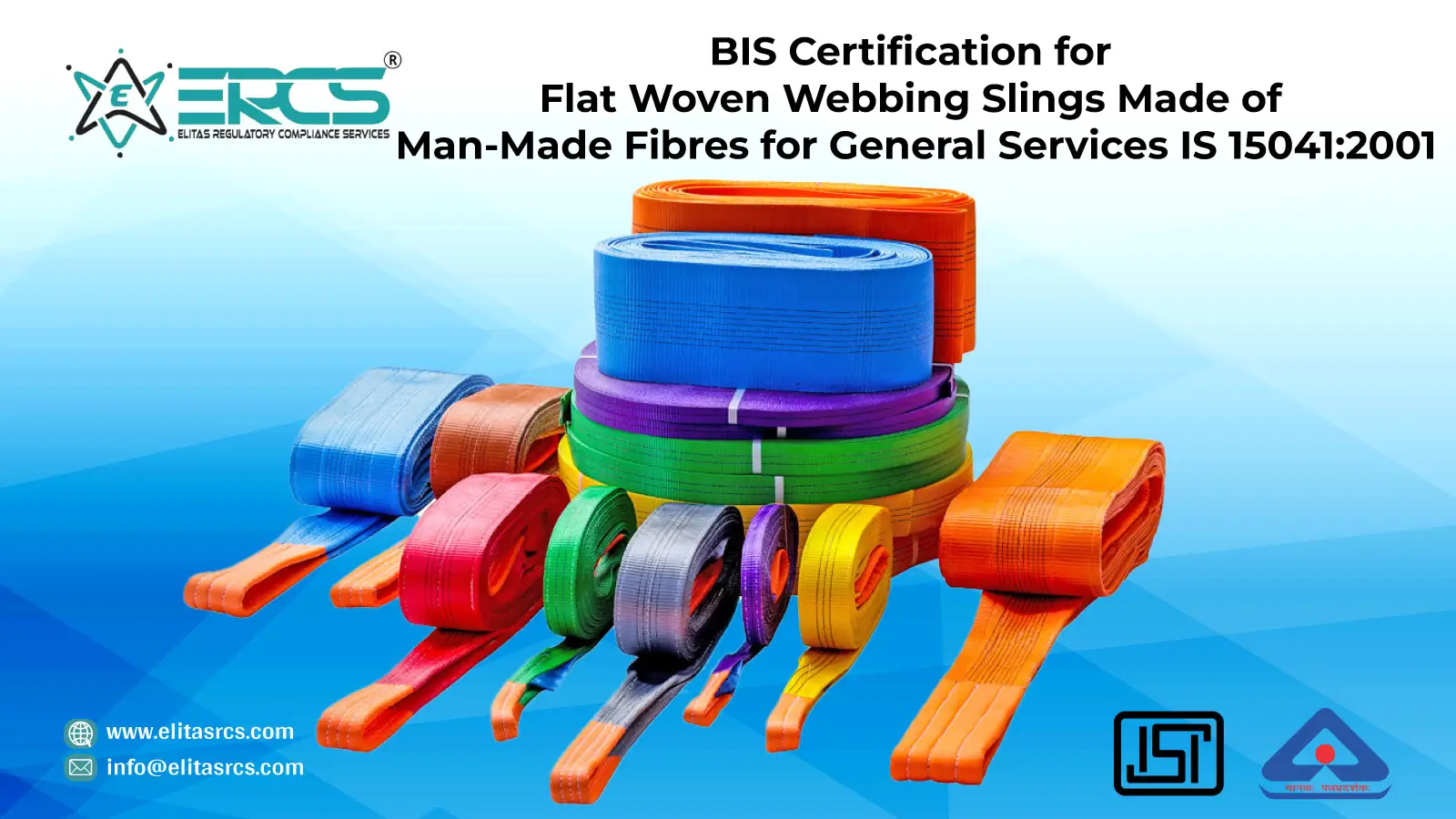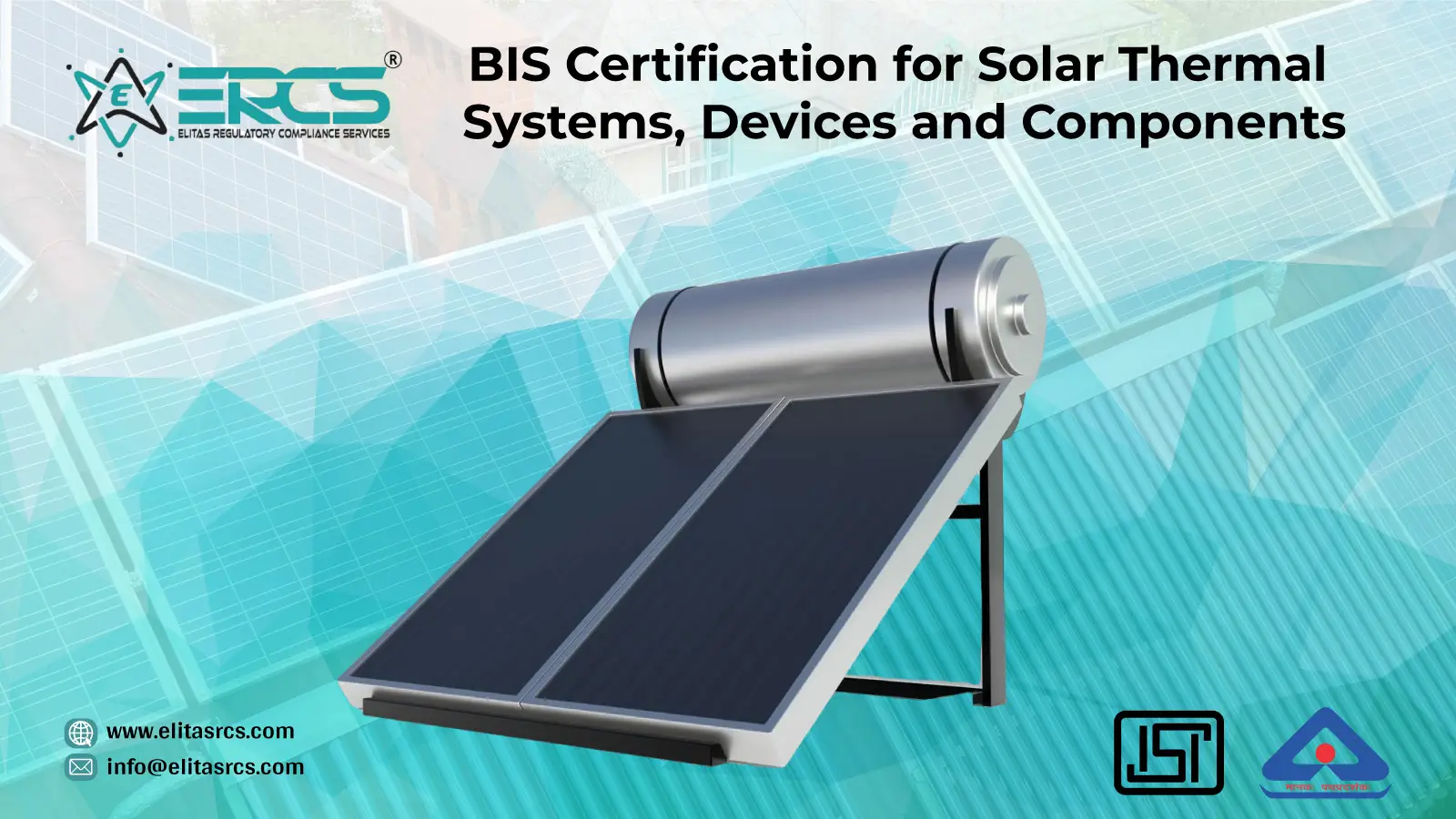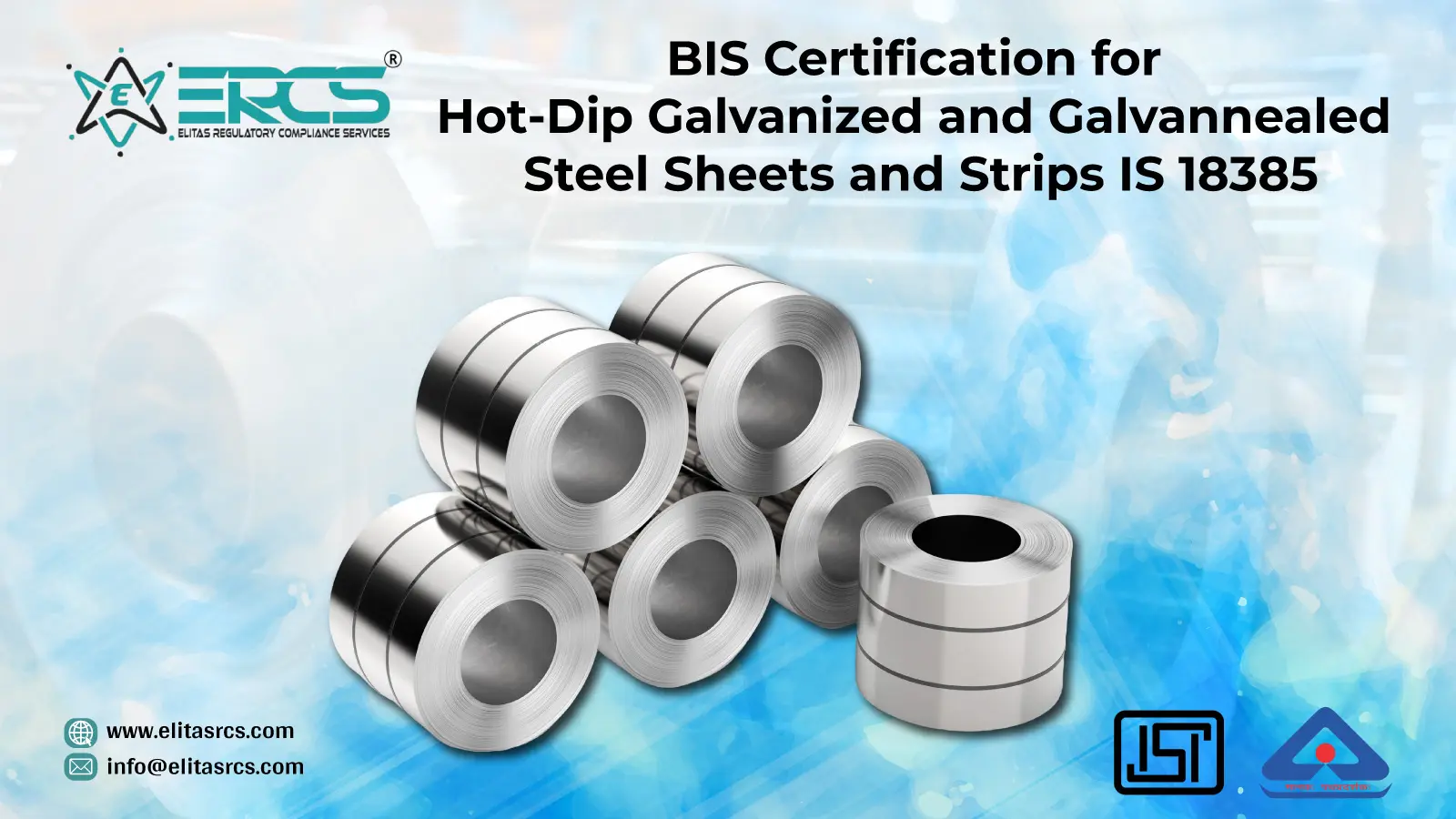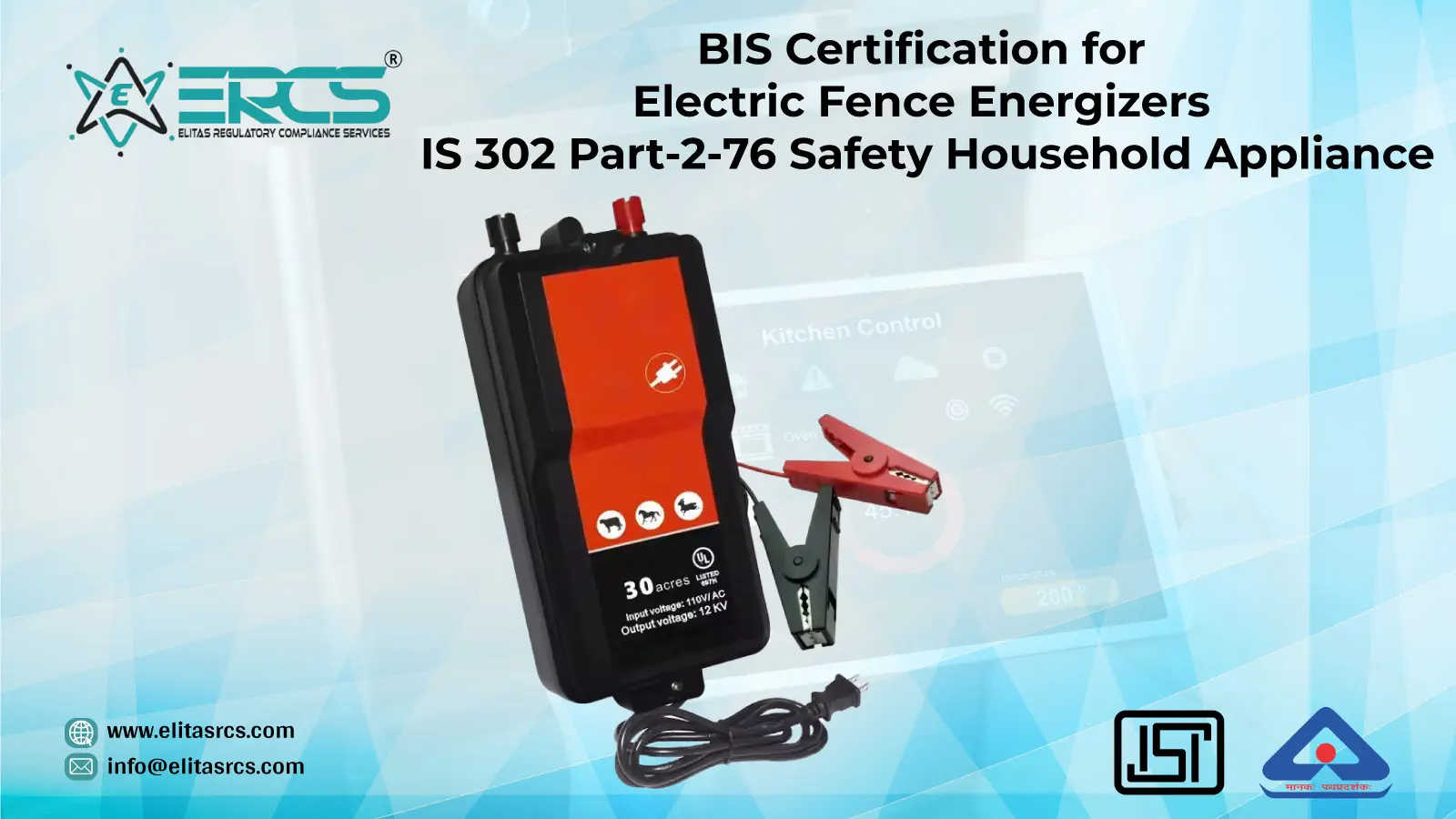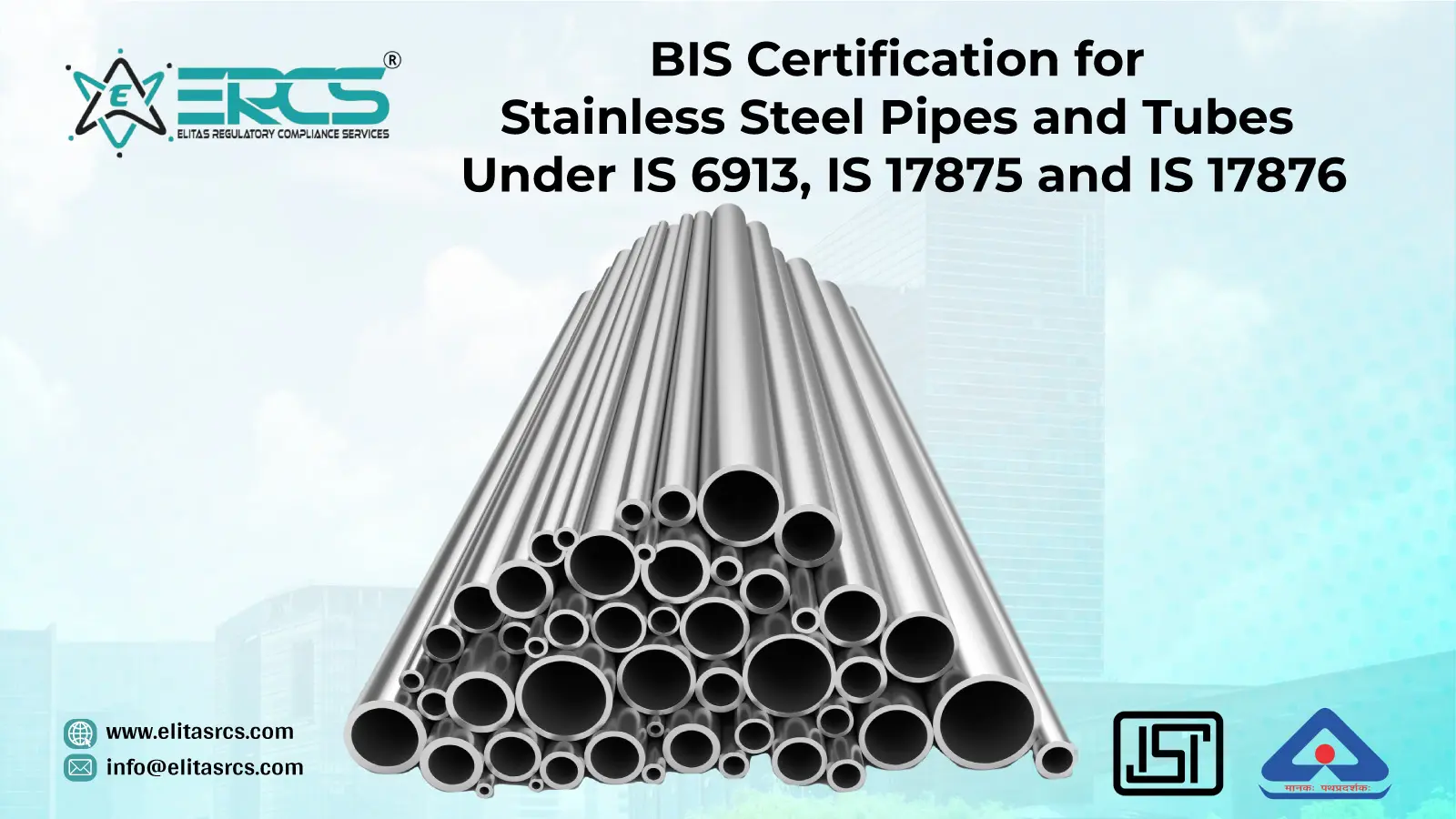BIS CERTIFICATION FOR TOILET SOAP, LIQUID under IS 4199
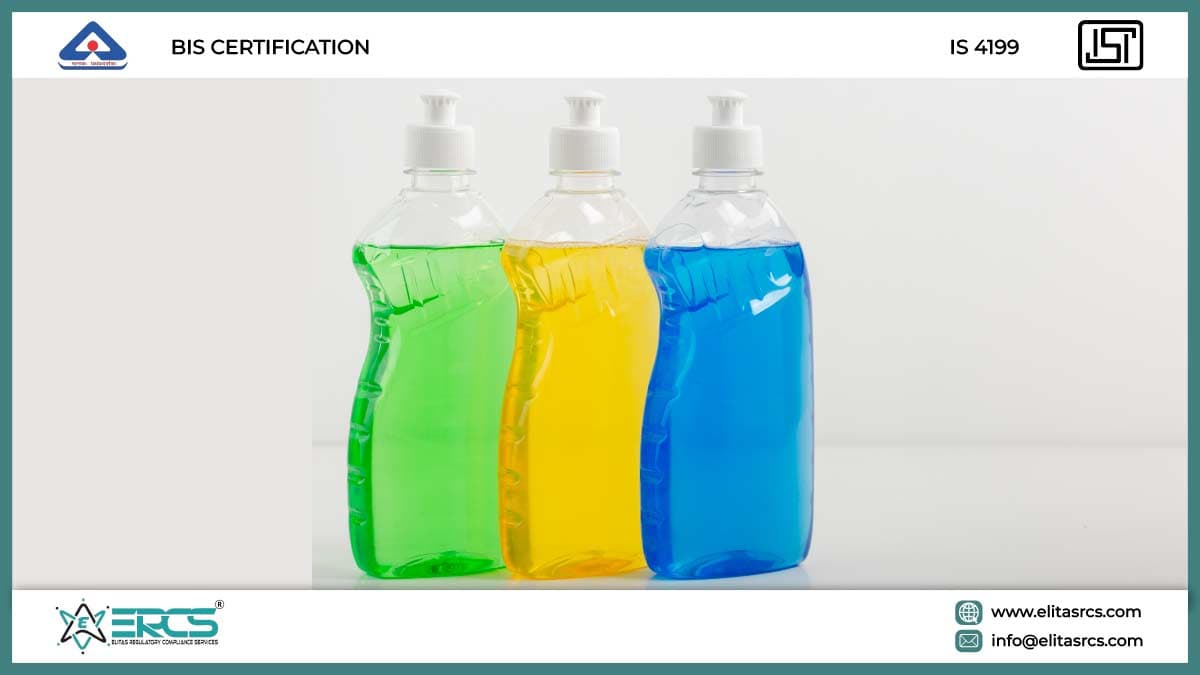
BIS CERTIFICATION FOR TOILET SOAP, LIQUID
Soaps, substances that, when dissolved in water, possess the ability to remove dirt from surfaces such as the human skin, textiles, and other solids.
Soaps
are sodium or potassium salts of higher fatty acids. Soaps are classified into
three-hard, soft and insoluble.
Generally Toilet soap and Laundry soap have no difference. Both of them
are alkaline decontamination products which can wash hands.
But toilet soaps are specially made for skin. It has little damage to the skin. Some of them play the role of lubricant. Toilet soap is made for cleaning skin while laundry soap is made for cleaning clothes and shoes. Toilet soaps are added with ingredients which are beneficial to skin like anti-bacterial, moisturizing, deep cleaning, protection etc.
BIS is a statutory institution established under the Bureau of Indian Standards Act,1986 to promote harmonious development of the activities of standardization, marking and quality certification of goods and attending to connected matters in the country.
Toilet Soap, Liquid product has been specified in IS 4199:2001 by Bureau of Indian Standards.
This standard prescribes requirements and methods of sampling and test for toilet soap, liquid.
It does not cover shampoos and products intended for specific purposes such as those for industrial and surgical uses.
References
· IS 286 : 1978 Methods of sampling and test for soaps
· IS 321 : 1964 Specification for absolute alcohol
· IS 323 : 1959 Specification for rectified spirit
· IS 1070 : 1992 Reagent grade water
· IS 4707 : Part 1 : 1988 Classification for cosmetics raw material sand adjuncts: Part 1 dyes, colours and pigments
· IS 4955 : 2001 Household laundry detergent powders
Are Bathing Bars And Toilet Soaps The Same?
As is the difference between two flavors of ice cream, bathing bars are relatively different from toilet soaps.
- TFM content in a bathing bar should ideally be less than 60%, but not below 40%. Toilet soaps on the other hand contain more than 60% TFM.
- Toilet soaps have better cleansing and moisturizing properties than bathing bars.
- Toilet soaps do not contain surface active ingredients, making them more gentle than bathing bars on your skin
Soap manufacturing processes
Hot caustic alkali solution, such as caustic soda (sodium hydroxide), acts on natural fats or oils, such as tallow or vegetable oil, to produce sodium fatty acid salt (soap) and glycerin (or glycerol). This saponification reaction is the basis for all soapmaking. If industrially produced fatty acids are used in place of natural fats or oils, the reaction with caustic soda yields soap and water instead of soap and glycerin.
Raw materials and additives
The major raw materials for soap manufacture are fat and alkali. Other substances, such as optical brighteners, water softeners, and abrasives, are often added to obtain specific characteristics.
Following are the Testing Parameters :
· Relative Density
· Available Chlorine (As Cl2)
· Total Chlorine (As Cl2)
· Free Alkali (as NaOH)
· Free Sodium Carbonate (Na2CO3)
· Iron (as Fe)
· Sodium Chlorate
BIS Certification in India
BIS Certification/ISI Certification is basically quality certification which reflects quality of the product. All mandatory products required to be certified by BIS before selling to the Indian market but before applying to the BIS Certification applicant have to ensure that they have achieved the product quality norms as per the requirement of relevant Indian Standard.
Applicants have to set up the lab (Complete testing facility) in their factory premises. Once everything is ready then we need to submit the application along with complete testing facility details with calibration and other supporting documents in Bureau of Indian Standard (BIS).
After the scrutiny of documents BIS officer will visit the factory to check in-house testing facilities and manufacturing machineries according to process flow chart. During the inspection the manufacturer has to offer a sample lot and after the successful completion the Inspection BIS officer will seal the sample for testing in the independent lab.
After the satisfactory report received from the lab, BIS will issue the license.
It is always better to consult with experience team such as ERCS Pvt. Ltd. for smooth certification process.
For more information, please feel free to contact us at info@elitasrcs.com or call at +91-9076611770 / +91-9076611766.
Share:
Article Categories
Latest Blogs
Need Expert Advice?
Feel Free to Connect with Us
Prompt reply within hours
Continued support
Experience Consultants at ERCS are ready to assist you at every step of compliance so as to provide you the best services in India. Get complete information about the certification that your product need to enter in Indian market and build a good consumer base.
